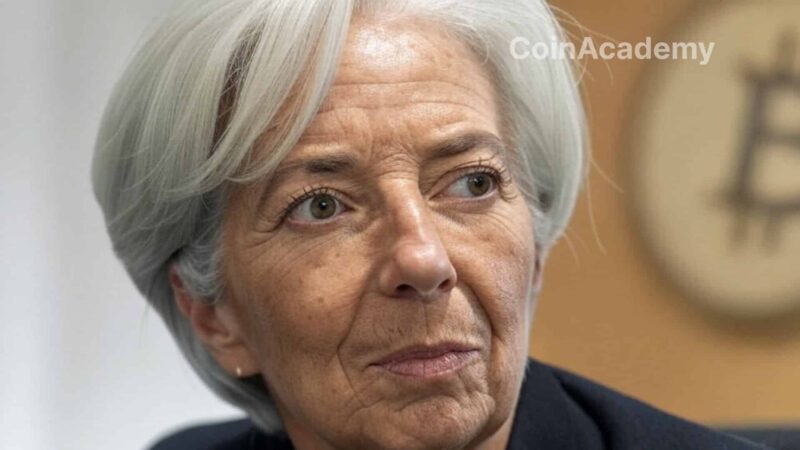|
Getting your Trinity Audio player ready...
|
JP Morgan has agreed to pay $290 million to settle a class-action lawsuit from the victims of Jeffrey Epstein – the famous American financier and sex offender.
Plaintiffs Accuse JP Morgan of Aiding Money Laundering
The plaintiffs accused JP Morgan of laundering money and enabling sex trafficking on behalf of Epstein while he was still a client of the bank. However, the agreement between the two groups is subject to court approval, and JP Morgan will not admit liability in the case.
Both groups released a joint statement on Monday, stating, “The parties believe this settlement is in the best interests of all parties, especially the survivors who were the victims of Epstein’s terrible abuse,”
David Boies, one of the victims’ attorneys, stated that over 100 women could receive compensation for Epstein’s abuse, while more victims who filed through the Epstein Victims’ Compensation Program could be compensated following similar settlements with two other banks.
Victims’ lawyers called the settlement “life-changing and historic” as a major financial institution is participating in shutting down sex trafficking. Sigrid McCawley, managing partner at Boies Schiller Flexner, said, “Money, which for far too long flowed with impunity between Jeffrey Epstein’s global sex trafficking enterprise and Wall Street’s leading banks, is decisively being used for good.”
The Epstein victims reached a $75 million settlement deal with Deutsche Bank, which reportedly overlaps with JP Morgan in the compensation it provides to victims, according to Boies.
Bitcoin Versus Money Laundering
The critics of Bitcoin often point out the blockchain’s potential to facilitate money laundering, sanctions violation, and terrorist financing. Former Federal Reserve Chairman Ben Bernanke even claimed that Bitcoin has no underlying value besides “ransomware, or something like that.”
However, the proportion of Bitcoin transactions being used to facilitate financial crime is diminishing, according to data from Chainalysis. Although illicit crypto volume appears to increase in absolute terms, the US Treasury Department confirms that the dollar remains king when it comes to money laundering.




